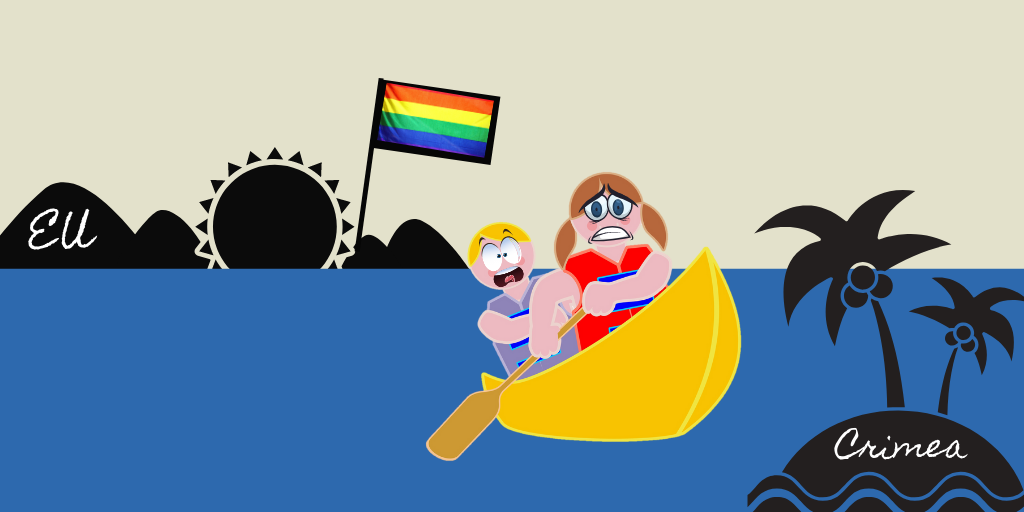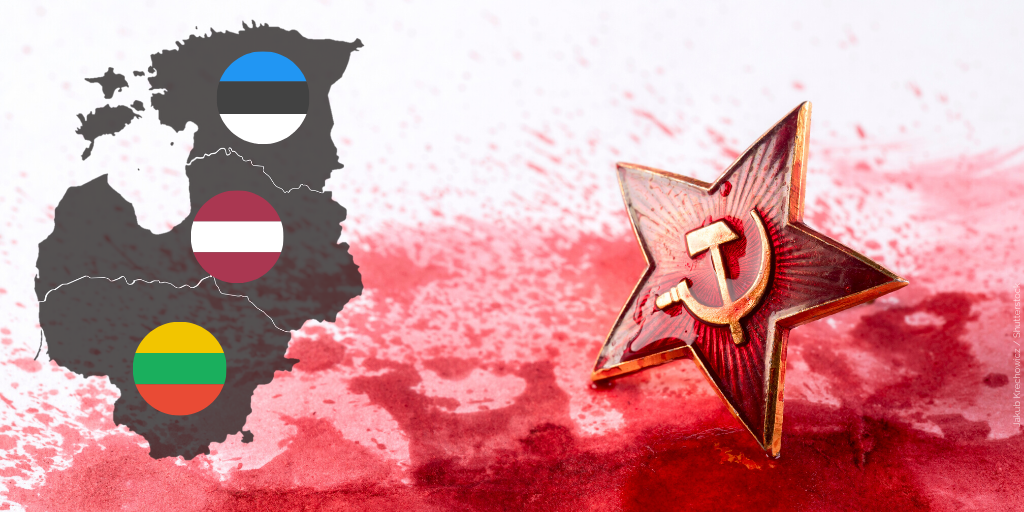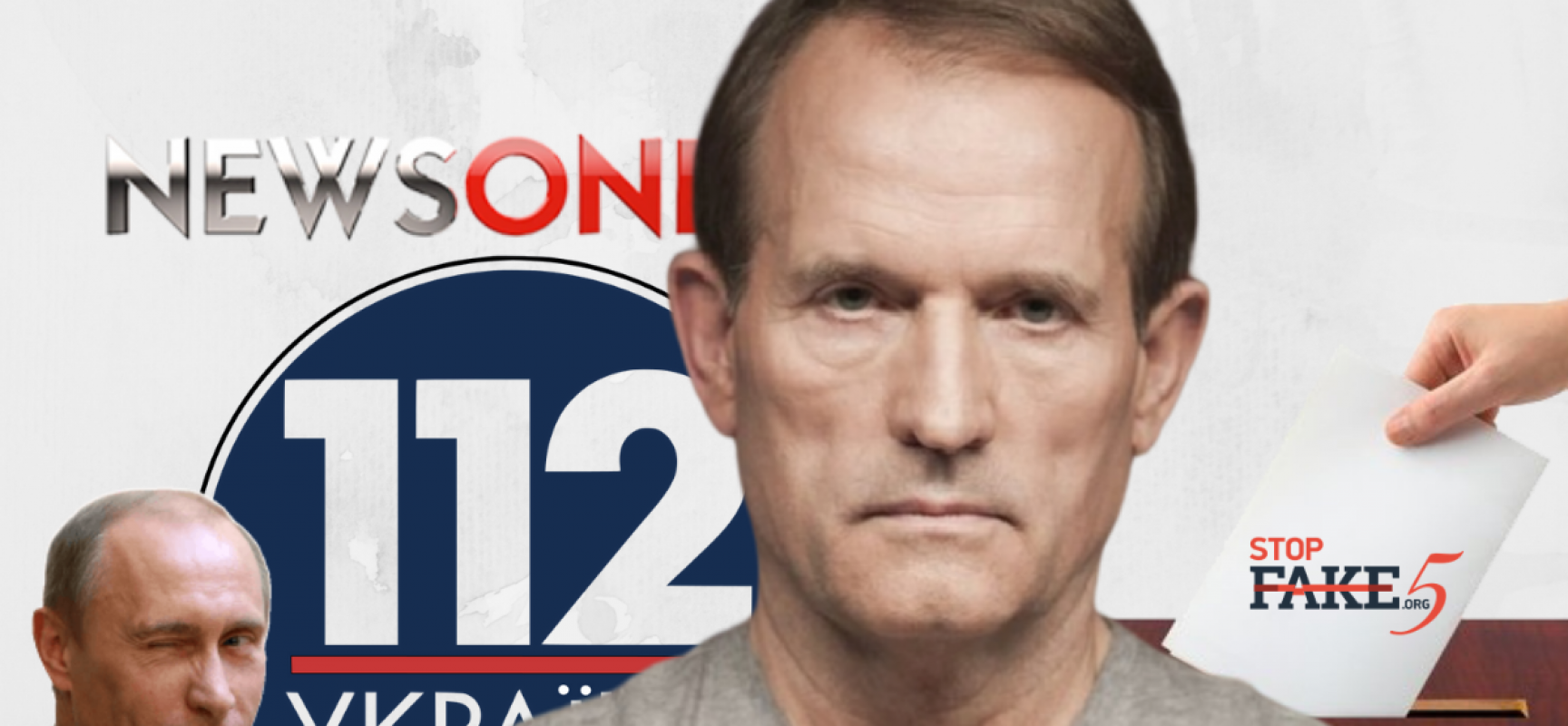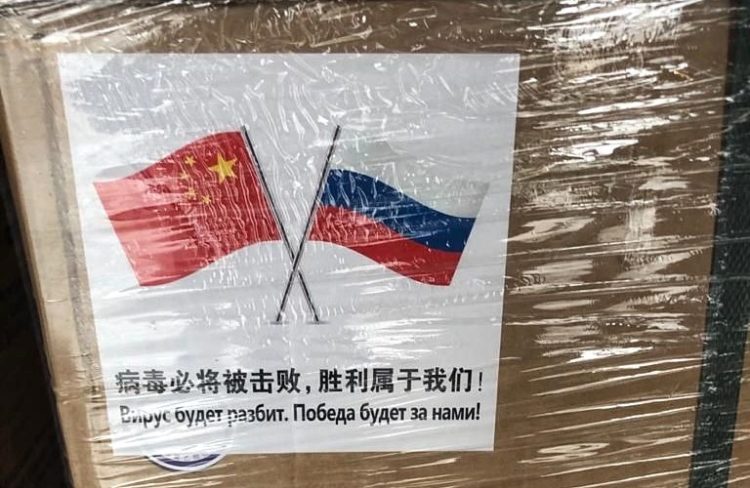How much does this report contribute to fighting the very real threat of pro-Kremlin disinformation in Europe? Jakub Janda, the Executive Director and Head of the Kremlin Watch Program at the European Values Think-Tank, provides an assessment of the paper for Euromaidan Press.
1. This report, which was prepared by 39 experts over several months, does not bring much new knowledge or innovative policy recommendations. One positive thing is that it correctly uses the term “disinformation” instead of “fake news,” () but due to short time span dedicated to it, the report is a missed opportunity with only limited added value.
2. Despite focusing on disinformation, the report completely ignores the foreign and security policy dimensions of this issue. It reads like a report prepared by academics and journalists aimed at the latter and social media networks, neglecting the majority of the policy debate on this phenomenon for at least the last two years. The main source of hostile disinformation in Europe (Russia) is not mentioned at all.
3. As one of the dissenting authors of this report acknowledges, it even fails to mention “the link between advertising revenue policies of platforms and dissemination of disinformation,” which in some countries like Slovakia has been successfully pressured by civic action.
4. The report rightly mentions the need for funding research on this issue but fails to explain what types of funding are needed in practical terms. For example, while it recommends using Horizon 2020 for funding, it misses one of the core problems in practical terms – funding through Horizon 2020 can be used well for academic research, but most of the countering initiatives have problems reaching for funding which usually avoids the “countering” elements. A detailed analysis of problems with funding initiatives in countering disinformation could have been done by such a group of experts, but it is missing.
5. Despite the EU having a significant European Council-mandated initiative for countering this threat since 2015, the EEAS East STRATCOM Task Force is not mentioned in this report by the European Commission even once. The EEAS East STRATCOM Task Force has the only EU + EaP – wide database of disinformation with over 3800 samples that benefit numerous practitioners, but it is not used in this HLEG report.
6. Many senior practitioners in the field of countering disinformation were not asked to take part in the group. Most of the members of HLEG are not insiders dealing with the issue on a daily basis and have only limited experience in this highly specialized field.









